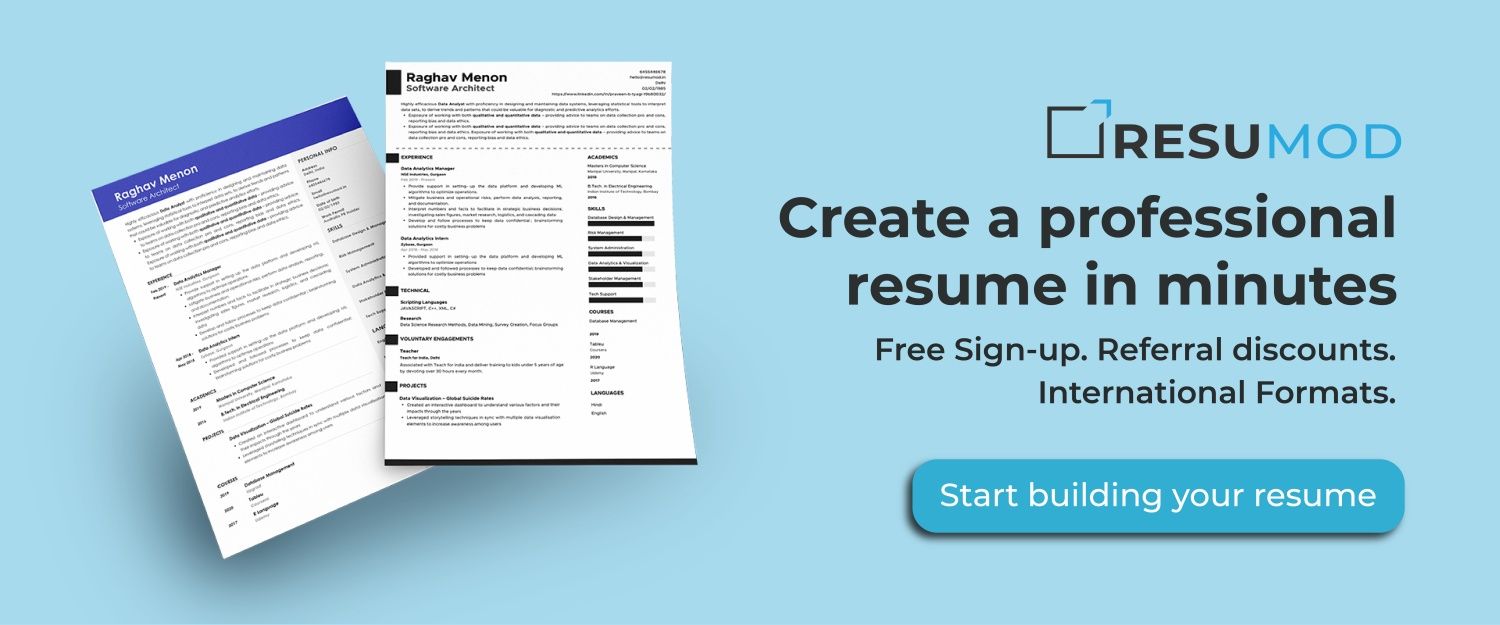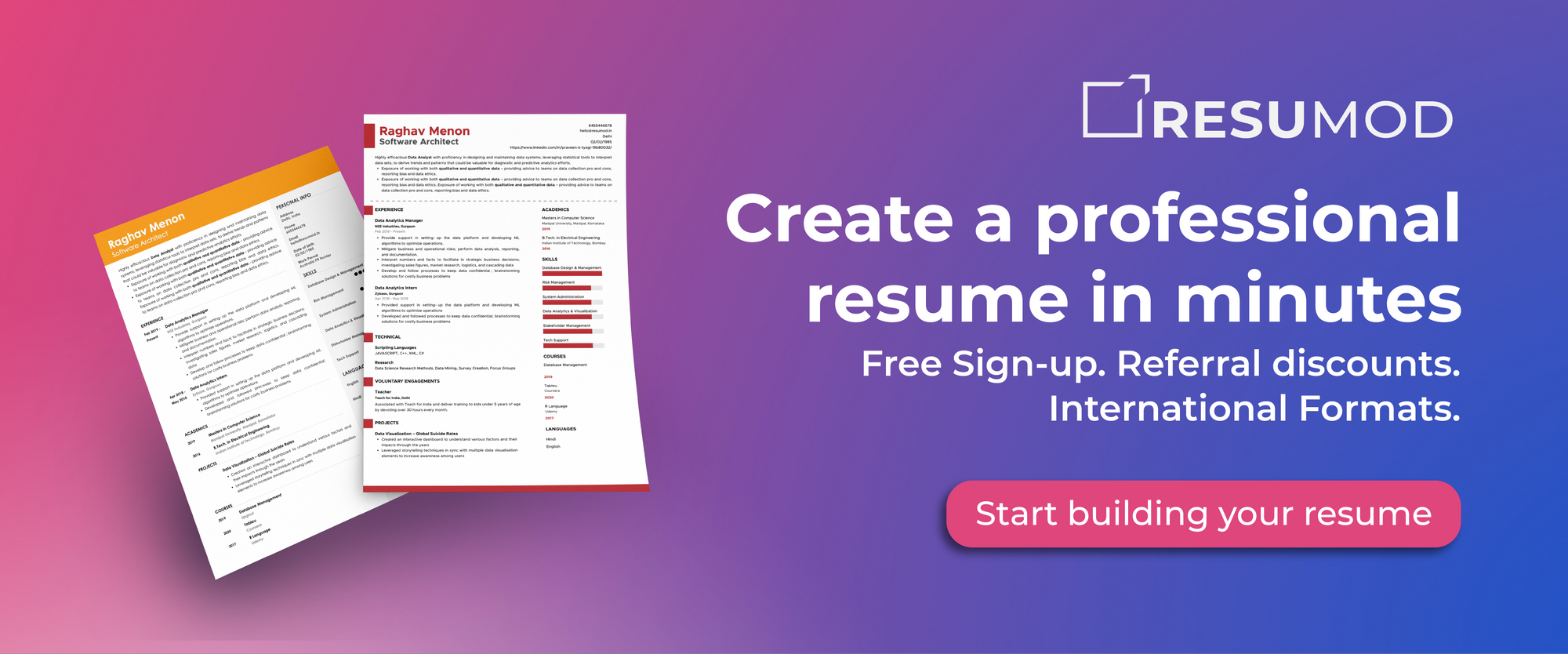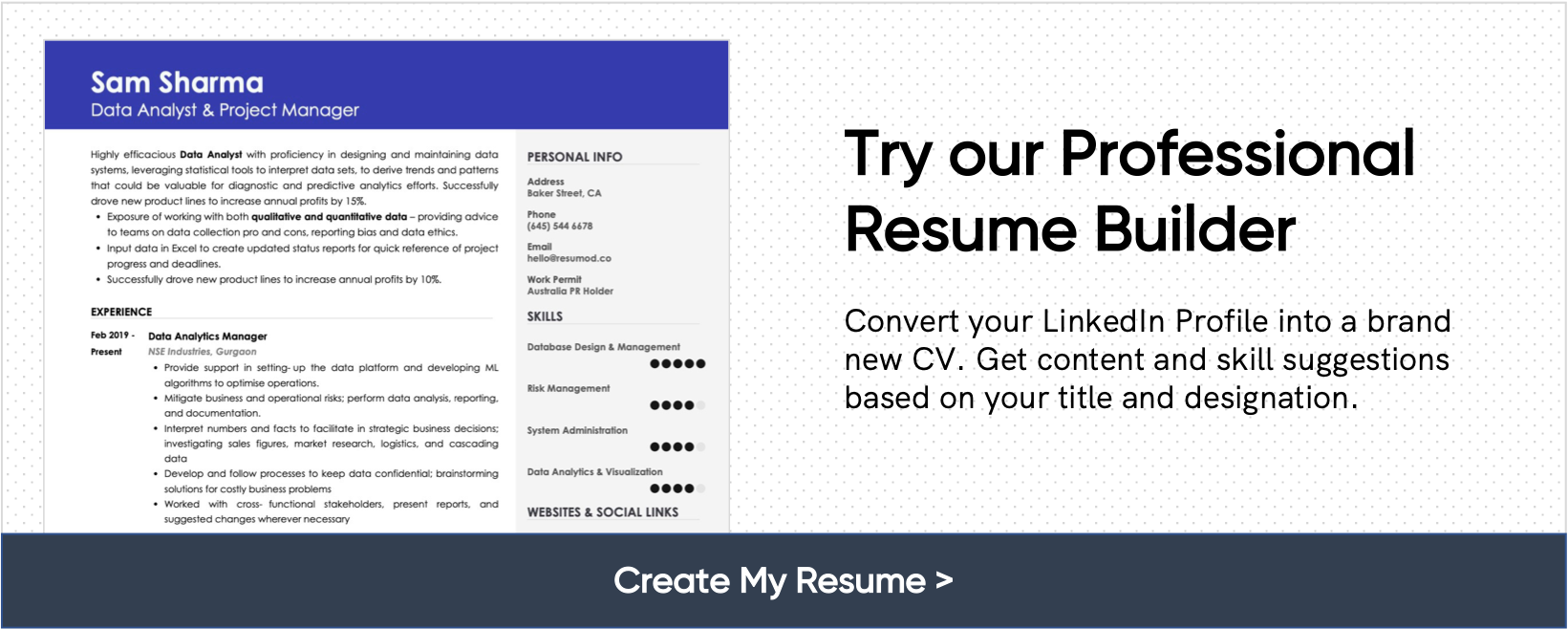How to Become an AI Product Manager: A Full List
With AI transforming everything from healthcare to finance to education, the need for skilled AI Product Managers has never been greater.
Imagine walking into a room where engineers, data scientists, business leaders, and designers all look to one person to bridge the gap between artificial intelligence and practical business solutions. That person is the AI Product Manager - a hybrid role that is quickly becoming one of the most sought-after careers in today’s tech-driven world.
With AI transforming everything from healthcare to finance to education, the need for skilled AI Product Managers has never been greater. But what exactly does this role involve, and how do you become one? In this comprehensive guide, we will walk you through everything you need to know to become a successful AI Product Manager in 2025 and beyond.
In this blog post:
- What does an AI product manager do?
- How to become an AI product manager?
- Skills for an AI product manager
- What do AI product manager qualifications mean?
- Importance of AI product management in different industries
- Who can become an AI product manager?
- Interview questions for AI product managers
What Does an AI Product Manager Do?
An AI Product Manager (AI PM) is responsible for managing the development and lifecycle of AI-powered products. Unlike traditional product managers, AI PMs must understand the technical complexities of machine learning models and align them with user needs and business objectives.
Key responsibilities include:
- Defining the vision and roadmap for AI products
- Collaborating with data scientists and engineers
- Understanding data quality, availability, and relevance
- Prioritizing product features and use cases
- Ensuring AI ethics, transparency, and fairness
- Communicating technical concepts to non-technical stakeholders
- Monitoring the product’s performance and iterating based on data insights
In short, an AI Product Manager turns machine learning capabilities into real-world value.
How to Become an AI Product Manager
There’s no one-size-fits-all route to becoming an AI Product Manager, but there are clear steps you can follow to build the skills and experience required.
Get a Solid Foundation in Product Management
Start with the fundamentals. A strong understanding of product development processes, customer research, roadmap creation, and stakeholder management is essential. You can learn this through:
- Entry-level product roles
- PM certifications (like from Product School or Pragmatic Institute)
- Online courses in product management
Learn the Basics of Artificial Intelligence and Machine Learning
You do not need to build models from scratch, but you must understand how AI works, what is feasible, and how to evaluate trade-offs.
Recommended learning paths:
- Coursera: AI For Everyone by Andrew Ng
- fast.ai: Practical Deep Learning
- Google’s Machine Learning Crash Course
Understand key concepts like supervised/unsupervised learning, neural networks, training data, overfitting, and model evaluation metrics.
Build Technical Fluency
You should be able to:
- Read Python code
- Understand APIs and data pipelines
- Collaborate with engineering teams confidently
Try building small AI-powered applications or doing hands-on data projects to strengthen your technical vocabulary.
Gain Domain Knowledge
AI is applied differently in every industry. Whether you are in healthcare, retail, finance, or logistics, understand how AI is being used and what the regulatory, ethical, and data challenges are.
Build a Portfolio
Work on AI case studies or side projects. For example:
- A chatbot that recommends courses based on user preferences
- A fraud detection model for e-commerce
- An AI tool that helps screen resumes fairly
Share your process, outcomes, and lessons learned in blogs or on LinkedIn.
Apply to Entry-Level AI Product Roles or Internships
Look for roles like:
- Associate Product Manager (AI)
- Technical Product Manager
- Product Owner in a data science team
Use your foundational experience and new AI knowledge to position yourself as a hybrid thinker.
Skills for an AI Product Manager
Being an AI PM requires a blend of technical fluency, strategic thinking, and user empathy. Here’s a full list of skills:
Product Management Skills
- Roadmap planning
- Agile methodologies
- User research and validation
- Metrics and KPIs
AI and Data Knowledge
- ML lifecycle: data collection, model training, deployment, and monitoring
- Data annotation and labelling
- Model accuracy, bias, and explainability
- Tools: TensorFlow, PyTorch, Scikit-learn (basic familiarity)
Business Acumen
- Market analysis
- ROI evaluation
- Go-to-market strategy
Communication Skills
- Explaining complex AI concepts simply
- Collaborating with cross-functional teams
- Writing user stories and PRDs
Ethical Awareness
- Fairness, accountability, transparency in AI
- Understanding of GDPR and other data privacy laws
Mastering these skills sets you apart from traditional PMs and positions you as a high-value contributor in any AI initiative.
What Do AI Product Manager Qualifications Mean?
When job listings mention ‘AI Product Manager qualifications,’ they generally mean:
Educational Background
- A degree in Computer Science, Engineering, Data Science, or Business
- An MBA can be a plus but is not mandatory
Technical Familiarity
- Experience working with AI/ML teams
- Understanding model deployment and monitoring processes
Experience in Product Roles
- 2-5 years in product or project management
- Exposure to agile environments
AI Certification or Training
- Coursera, Udacity, edX, or internal upskilling programs
Employers are looking for cross-disciplinary thinkers who can align AI capabilities with real-world needs.
Importance of AI Product Management in Different Industries
AI Product Managers are crucial in shaping how AI is adopted across sectors. Let’s explore a few industries:
Healthcare
AI PMs manage products like diagnostic tools, patient monitoring systems, and personalized medicine solutions. The focus is on accuracy, patient safety, and compliance.
Finance
From fraud detection to robo-advisors, AI PMs in fintech must ensure regulatory compliance, trust, and performance.
Retail & E-commerce
AI powers recommendation engines, inventory management, and dynamic pricing. AI PMs align machine learning with user behaviour and business outcomes.
Manufacturing
AI is used in predictive maintenance, supply chain optimization, and quality control. AI PMs balance cost efficiency with operational effectiveness.
EdTech
AI-driven learning platforms require product managers to focus on personalization, engagement metrics, and data privacy.
In each industry, the AI PM’s role is to translate abstract ML models into usable, valuable products for end users.
Who Can Become an AI Product Manager?
The beauty of AI product management is that it welcomes professionals from diverse backgrounds:
Traditional Product Managers
If you are already in product, start collaborating with data teams and gradually move toward AI-driven features.
Engineers or Data Scientists
With strong technical knowledge, transition by building product and business skills.
Domain Experts
If you know the pain points in healthcare, education, or finance, you can become a PM for AI products in that space. Learn technical and product skills on the side.
Career Switchers
With self-paced certifications and real-world projects, even professionals from consulting, design, or operations can make this shift if they build the right portfolio.
The key is intentional learning, hands-on practice, and storytelling - show how your journey connects to AI product outcomes.
Interview Questions for AI Product Managers
Here are some commonly asked questions to help you prepare:
Strategy & Product Thinking
- How would you prioritize features for an AI-powered search engine?
- What metrics would you use to measure the success of an AI chatbot?
Technical Understanding
- Explain the difference between supervised and unsupervised learning.
- How would you handle model drift in a production environment?
Collaboration & Communication
- How do you explain technical concepts to business stakeholders?
- Describe a time when you resolved a conflict between engineering and design teams.
Ethics & Privacy
- What steps would you take to ensure fairness in an AI recruiting tool?
- How would you manage user consent and data privacy?
Business Acumen
- How would you evaluate the ROI of an AI feature?
- What industries do you think are most ripe for AI disruption, and why?
Practicing these questions helps you demonstrate that you are not just a product manager – you are an AI product leader.
Top Rated AI Product Manager Resumes built on Resumod
Resume of Data Scientist
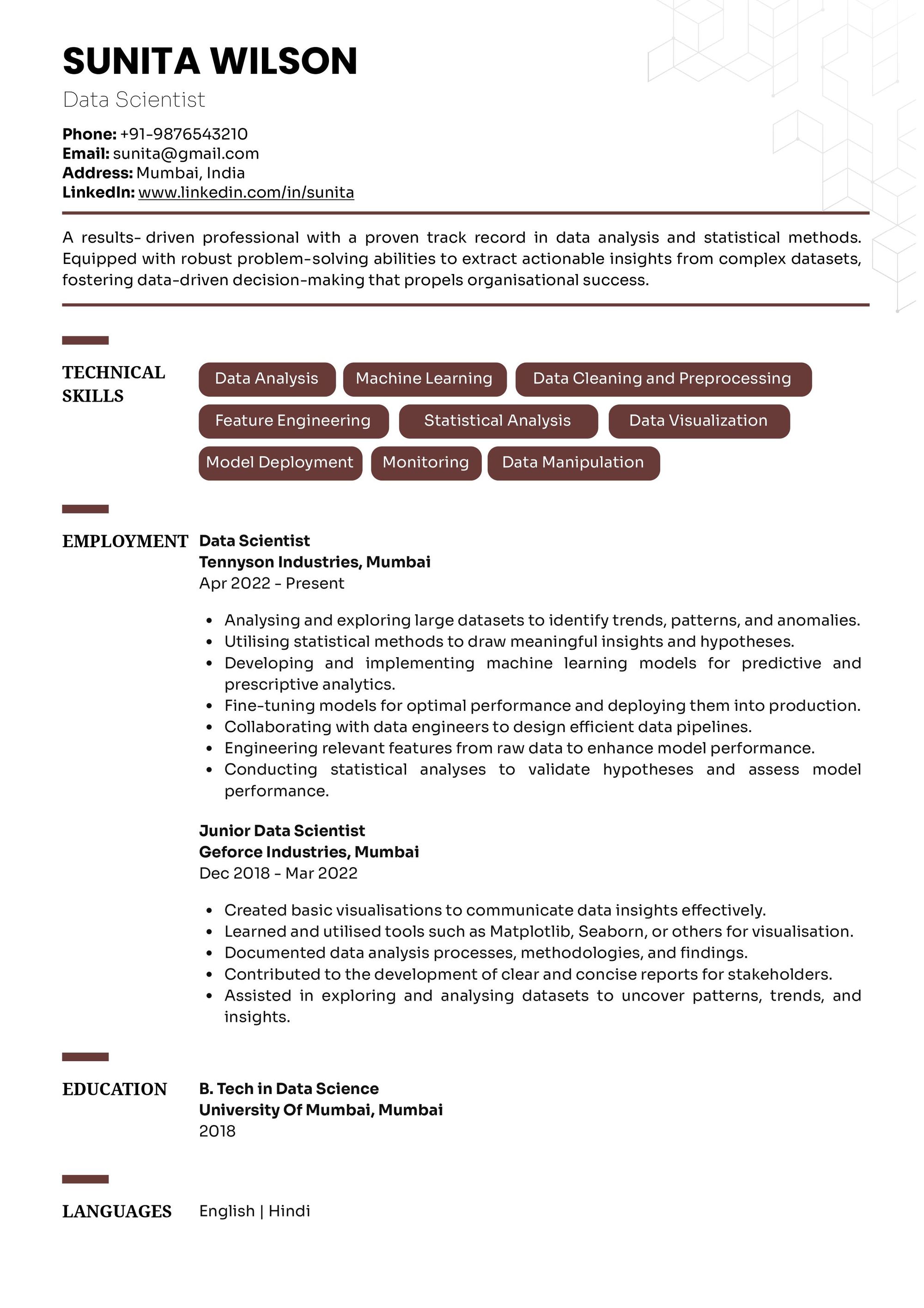
Check the full resume of data scientist in text format here.
Resume of Computer Vision Engineer
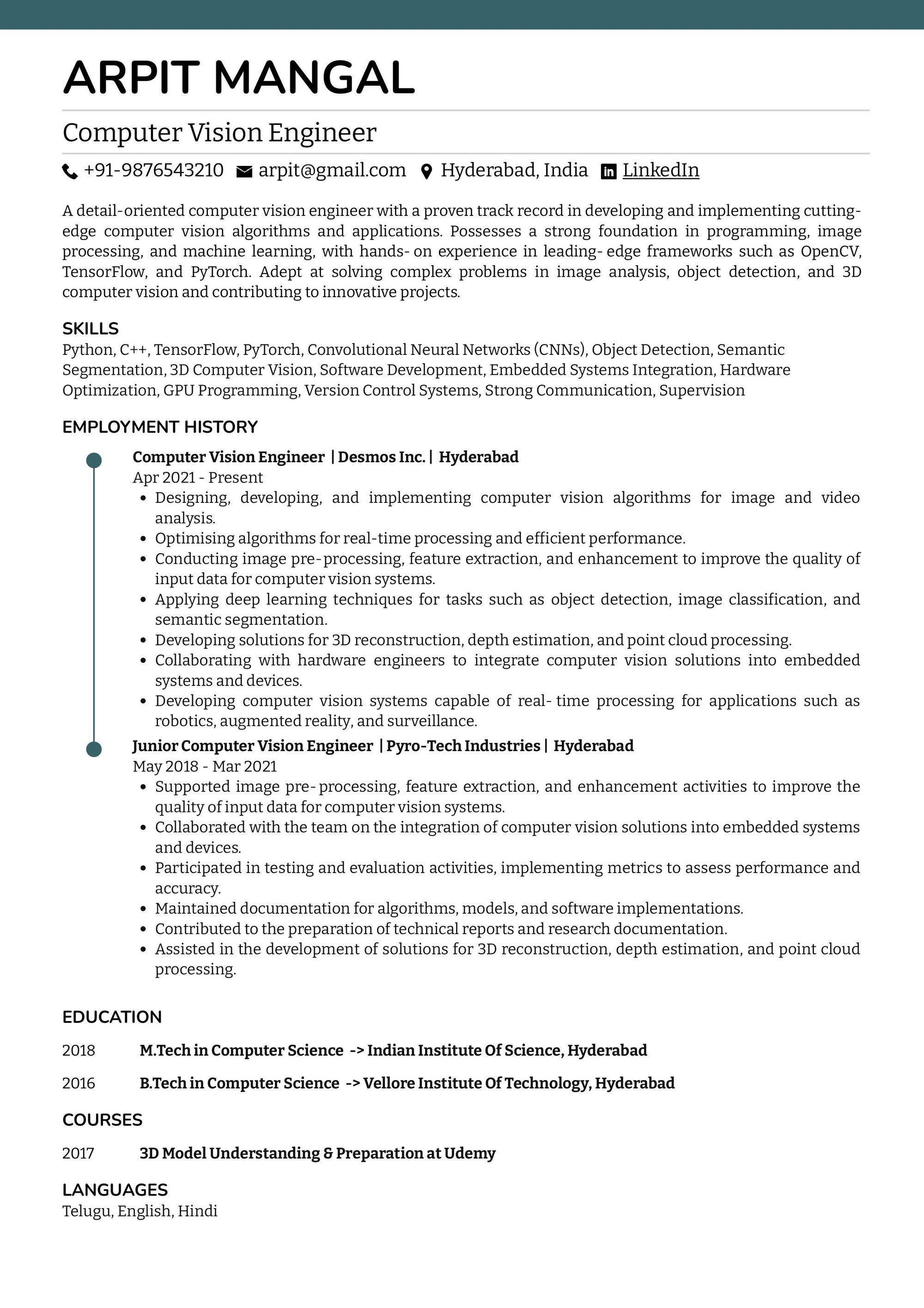
Check the full resume of computer vision engineer in text format here.
Resume of Artificial Intelligence Engineer
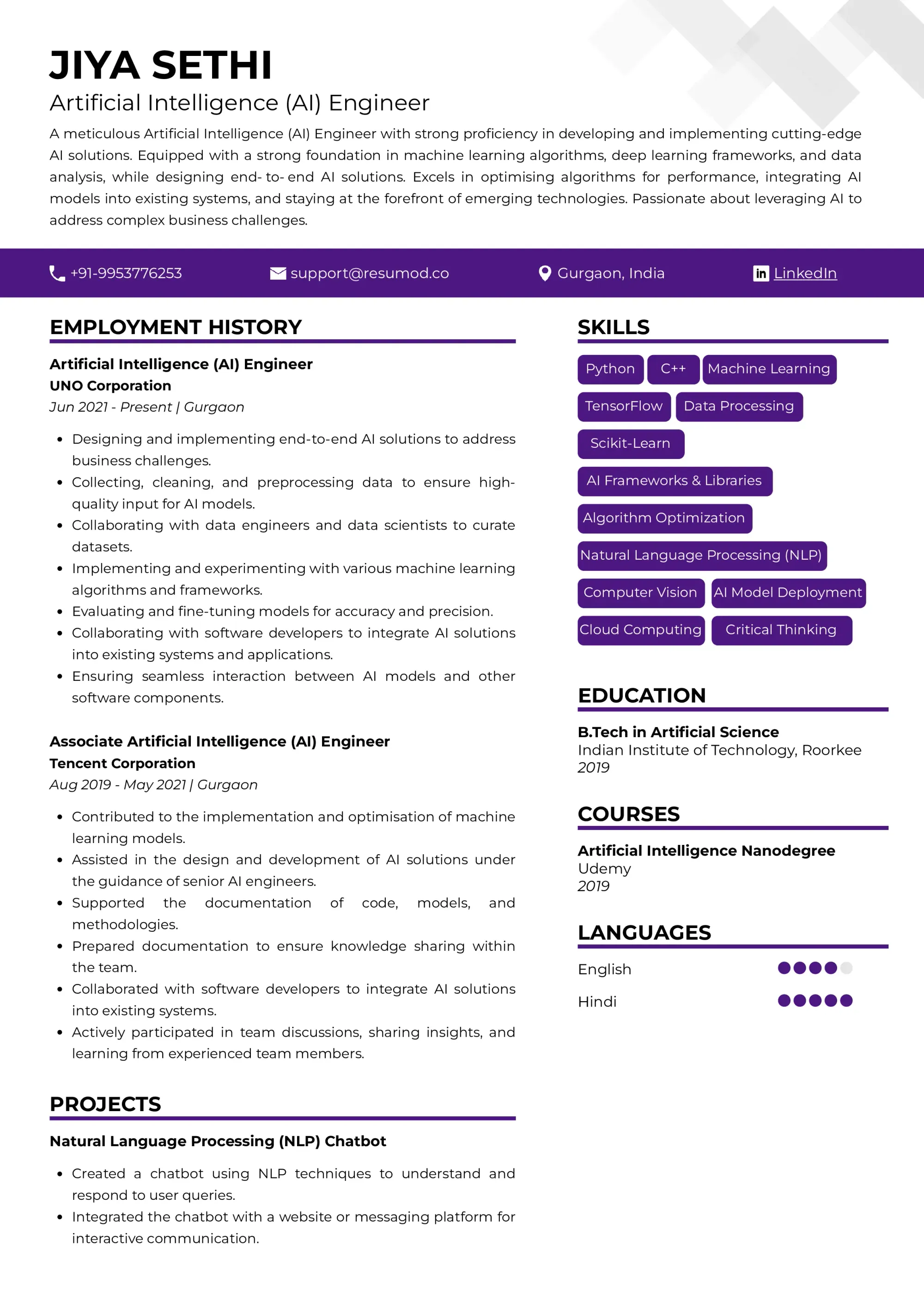
Check the full resume of artificial intelligence engineer in text format here.
Resume of Robotics Engineer
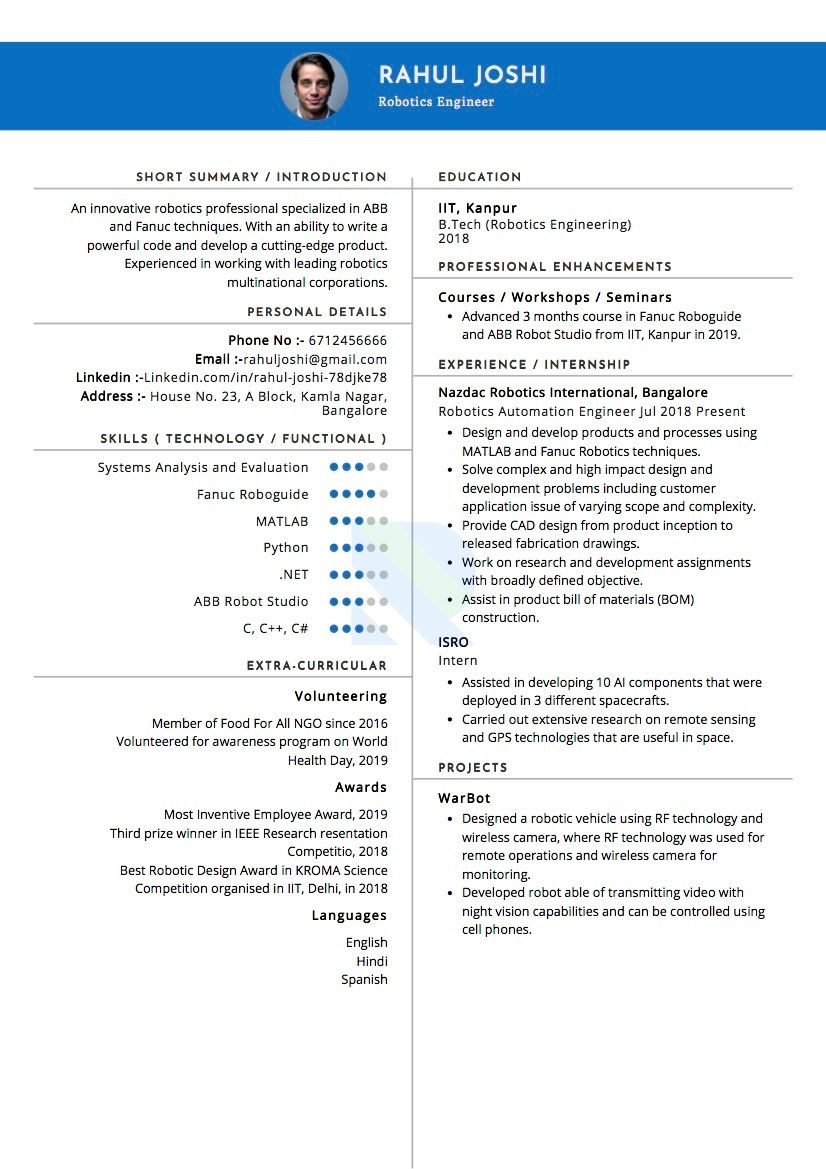
Check the full resume of robotics engineer in text format here.
Resume of Robotics Scientist
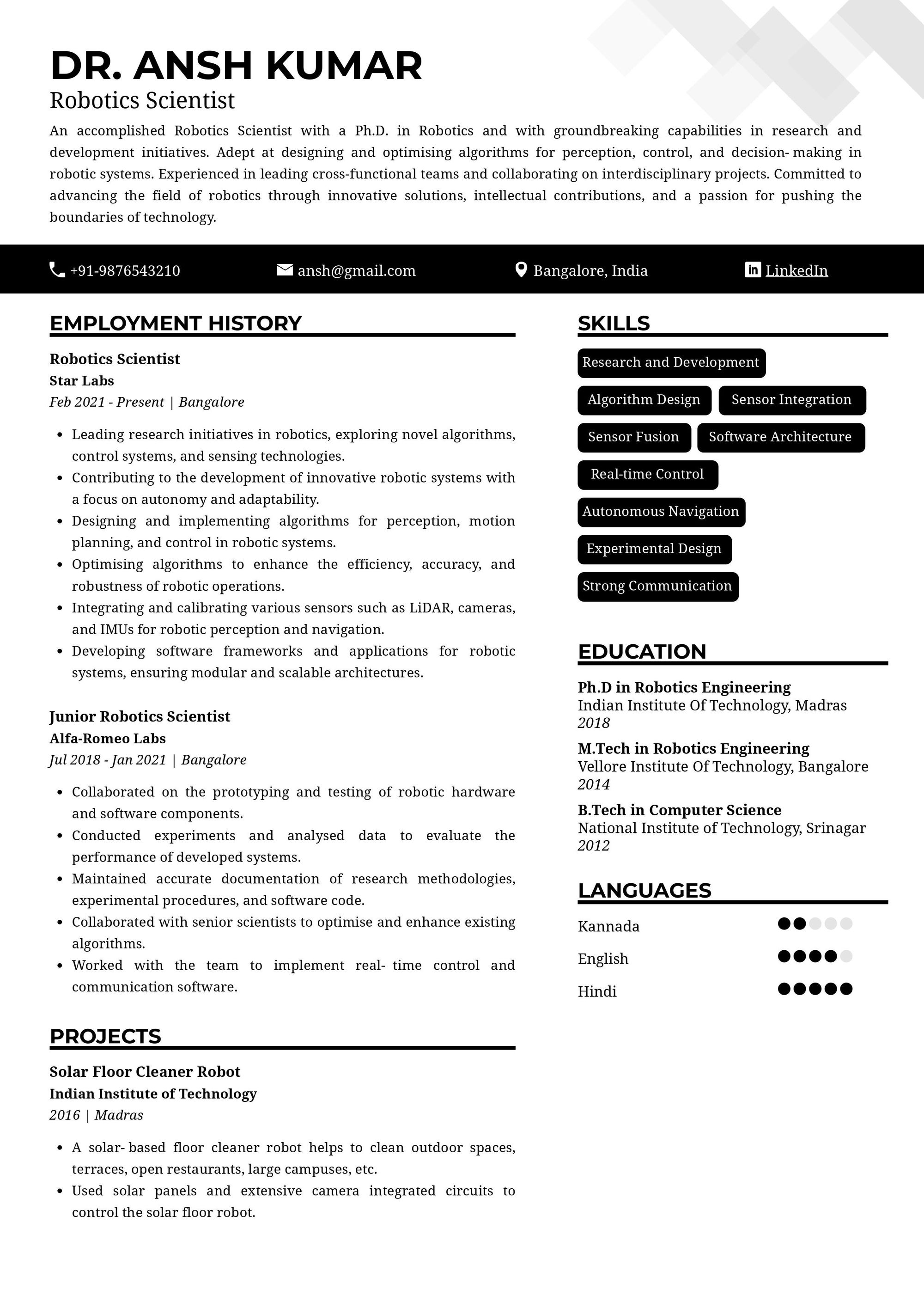
Check the full resume of robotics scientist in text format here.
Final Thoughts: Becoming an AI Product Manager in 2025
AI is no longer a niche. It is embedded in every digital experience, and the companies leading the way have one thing in common - they know how to turn AI into action. That is the power of great AI Product Managers.
Whether you are from a tech, business, or domain background, this role is within your reach if you:
- Build core product and AI understanding
- Stay curious and up-to-date with trends
- Communicate clearly and collaborate effectively
- Focus on value, ethics, and outcomes
In a world racing toward automation, the human who can guide AI with clarity, empathy, and purpose will always be in demand.
If you are serious about stepping into this space, start today - because the future of tech needs leaders who understand both code and customers.

